双语:关于“吃”的各种高大上表达(组图)
This kind of paper does not absorb ink。
这碗饭不容易吃。
Mechanical copying of anything foreign would be disastrous。
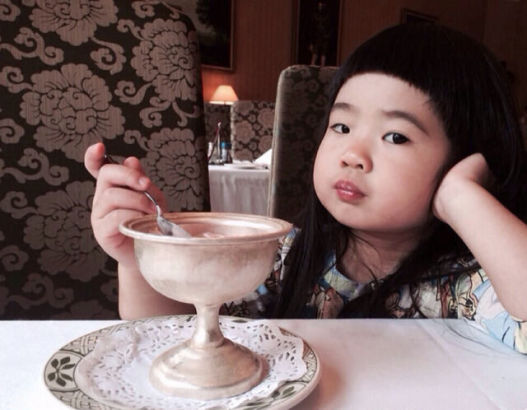 双语:关于“吃”的各种高大上表达(组图)
双语:关于“吃”的各种高大上表达(组图)
Cattle feed chiefly on grass。牛主要靠吃草为生。
 双语:关于“吃”的各种高大上表达(组图)
双语:关于“吃”的各种高大上表达(组图)
3.译作like,love,prefer,enjoy,care for, be fond of等。
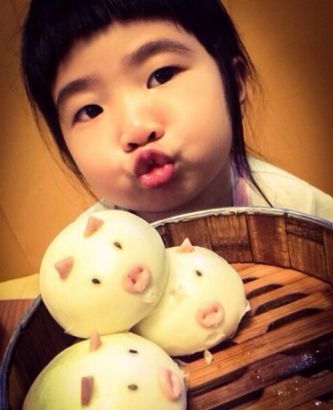
一看到“吃”,人们自然而然想到的英语对等词就是“eat”,但是,这个简单的“吃”的意义决不是一个“eat”就能完全表达的。除了eat之外,还应该根据不同的情景和意义给予恰当的表达。常见的表达法如下:
 双语:关于“吃”的各种高大上表达(组图)
双语:关于“吃”的各种高大上表达(组图)
You'd better not ask for trouble。
The patient can't take food yet。病人还不能吃饭。
This is a hard way to earn a living。
那是吃力不讨好的事。
A wise man does not fight when the odds are against him。
It's time for lunch。该吃午饭了。
走这么长的路恐怕你吃不消。
The enemy troops suffered one defeat after another。
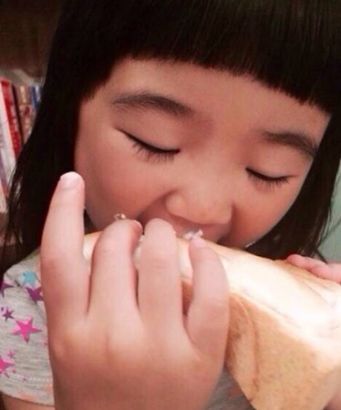 双语:关于“吃”的各种高大上表达(组图)
双语:关于“吃”的各种高大上表达(组图)
敌军连吃败仗。
马群正在田野里静静地吃草。
Southerners prefer rice while northerners prefer noodles。
6.某些引申意义的“吃”,可根据具体意义用适当的词或词组表示。
We are having dinner now。我们现在正在吃晚饭。
Ants are fond of sweet food。蚂蚁喜欢吃甜食。
A fall into the pit,a gain in your wit。
5.译作某些介词短语。
这种作风到哪儿都吃不开。
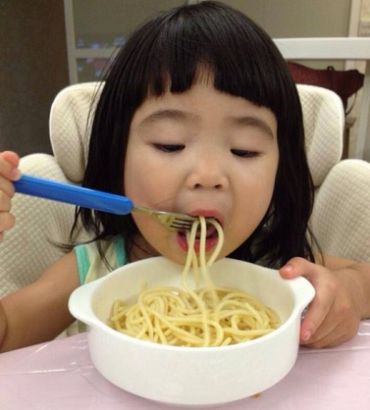
That's a thankless task。
The horses were grazing quietly in the field。
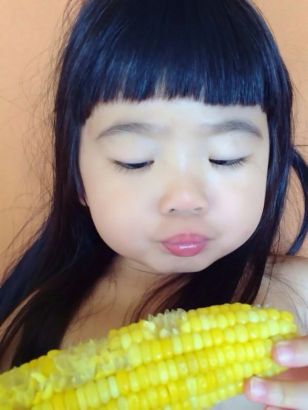 双语:关于“吃”的各种高大上表达(组图)
双语:关于“吃”的各种高大上表达(组图)

Only if you can stand the hardest of hardships can you hope to rise in society。
他总是吃苦在前。
你吃饭了吗?
2.译作dine,feed,taste,touch,graze等词。
He is enjoying his dinner。他正津津有味地吃晚饭。
好汉不吃眼前亏。
 双语:关于“吃”的各种高大上表达(组图)
双语:关于“吃”的各种高大上表达(组图)
这种纸不吃墨。
She was so jealous that she wouldn't let her husband dance with anyone else。
It may be too much for you to walk such a long way。
(编辑:江巍)
吃得苦中苦,方为人上人。
她好吃醋,总不让丈夫跟其他人跳舞。
南方人喜欢吃米饭而北方人喜欢吃面条。
她邀请我明天和她一起吃饭。
Would you like `ice-cream`?你想吃冰淇淋吗?
She invites me to dine with her tomorrow。
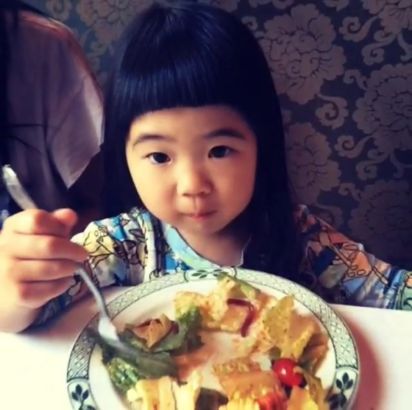 双语:关于“吃”的各种高大上表达(组图)
双语:关于“吃”的各种高大上表达(组图)
Monkeys live on wild fruit。猴子以吃野果为生。
She loves bananas。她爱吃香蕉。
Tom doesn't care for meat。
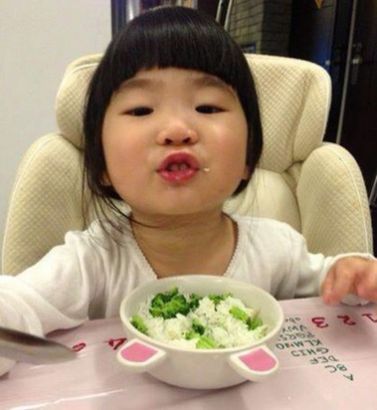
He hasn't touched /tasted food for two days。他两天没吃东西了。
He's always the first to bear hardships。
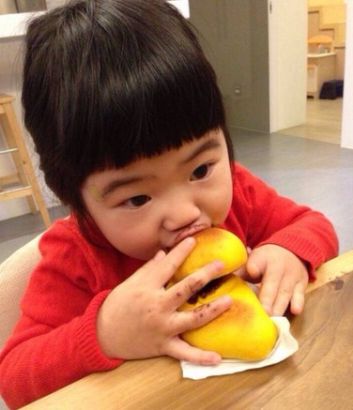 双语:关于“吃”的各种高大上表达(组图)
双语:关于“吃”的各种高大上表达(组图)
1.译作take或have。
你最好不要自讨苦吃。
Such a style is unpopular anywhere。
Please sit down at table。请坐下吃饭吧。
- 相关文章
随机文章













